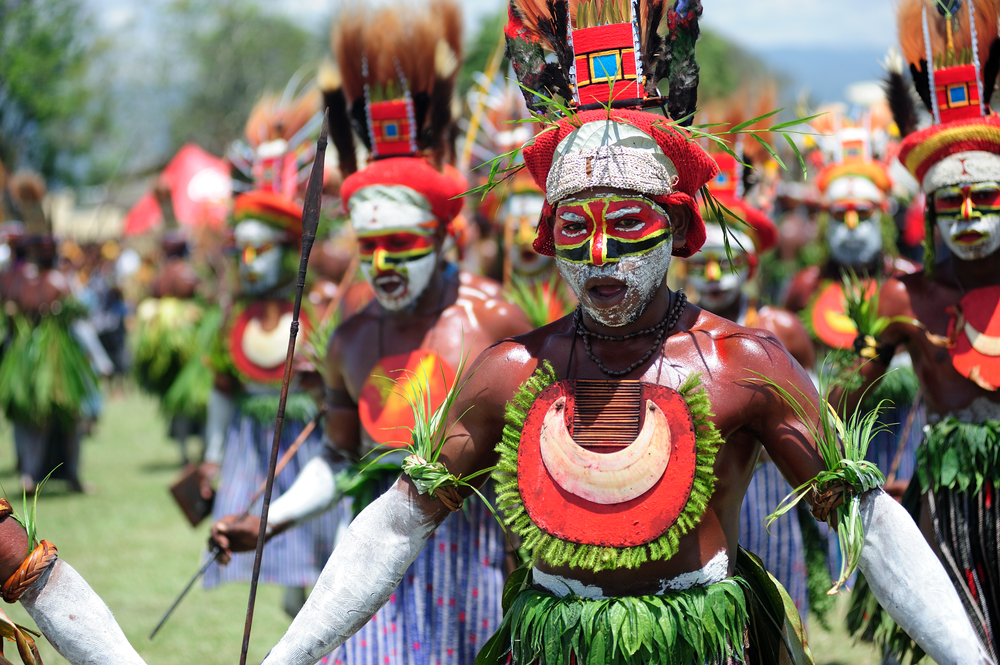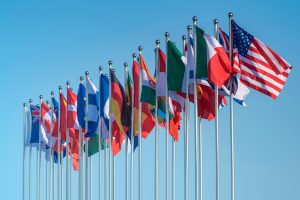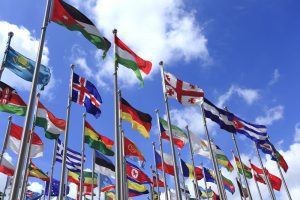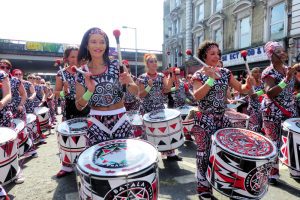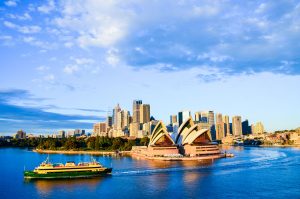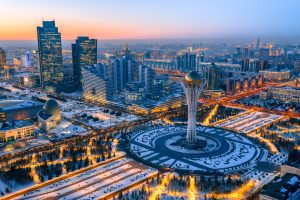An ethnic group is a collection of individuals with a common ancestor or lineage. A common language, culture, history, or even a country may define an ethnicity.
Certain nations have a greater ethnic variety than others, resulting in a more ethnically varied population.
A country’s ethnic diversity is influenced by several variables, including its size, isolated sections, and immigration from adjacent nations.
The phrase “ethnic fractionalization” refers to various cultural groups’ demographic and socioeconomic dispersion within a nation or area.
According to Fearon’s research, a score of 1 denotes the most cultural variety, while a score of 0 represents the least.
As the only country with a Fearon score of 1, Papua New Guinea is the world’s most culturally diverse country and the most linguistically varied country.
The country is home to tens of thousands of people from numerous ethnic groups.
Despite their proximity, Papua New Guinea is home to a surprising number of languages that do not have a common ancestor.
Table of Contents
What makes Papua New Guinea the most diverse?
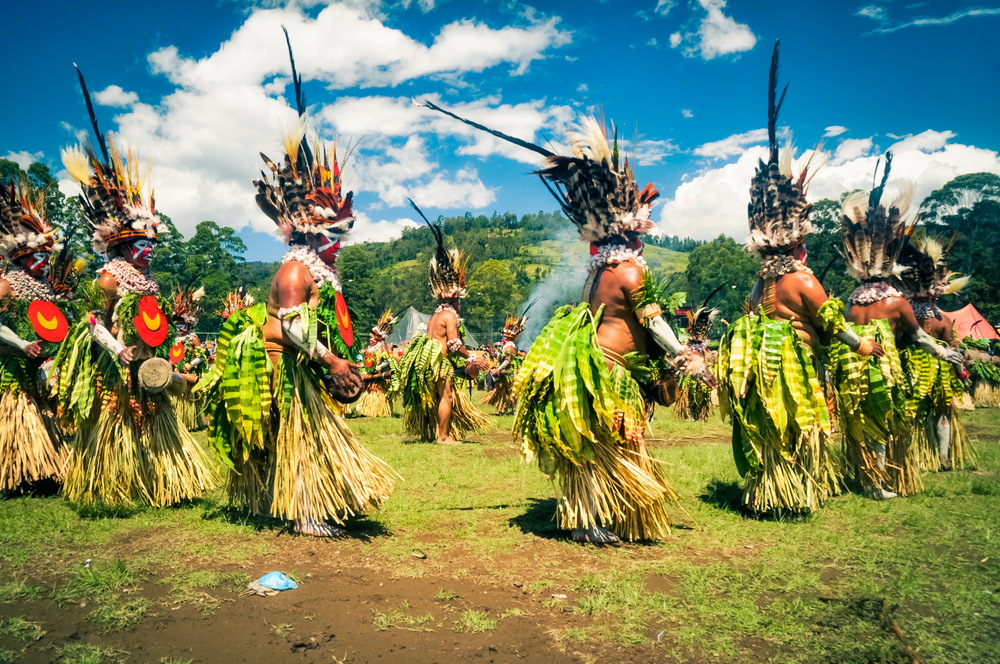
Despite having fewer than 9 million people, Papua New Guinea has a lot to offer its residents. It is the world’s most diverse country, speaking 13% of the world’s languages.
Fewer than 1,000 people speak most of the 848 languages that originated on the island.
The country’s two primary ethnic groups are Papuans and Austronesians, the country’s original occupiers. The island is also home to Polynesians, Micronesians, Filipinos, Australians, Europeans, and Chinese immigrants.
What are some other culturally diverse countries?
- Tanzania (Fearon score: 0.9530)
Tanzania has more than a hundred distinct ethnic groupings.
Many of these ethnic groups have their own languages. Tanzanians from other continents, such as Asia, Europe, and the United States, make up a significant population.
Tanzania has a population of around 55 million people.
- The Democratic Republic of the Congo (Fearon score: 0.9330)
The population of the Democratic Republic of the Congo is 81,680,000 people. Approximately 200 ethnic groups speak over 242 languages in the DRC.
The majority of the population speaks French, the nation’s official language.
- Uganda (Fearon score: 0.9300)
Uganda, another African nation, has a comparable ethnic diversity.
The three main ethnic groups in the nation are Baganda, Banyankole, and Basoga, who account for 16.9%, 9.5%, and 8.4% of the population, respectively.
- Liberia (Fearon score: 0.8990)
Liberia, another African country, is ranked sixth in ethnic diversity. Liberia has a population of around 4,503,000 people. Almost everyone in Liberia belongs to one of the country’s original African tribes.
The nation is home to around 28 unique ethnic groups and different languages. Liberian linguistics distinguishes between the Mande, Kru, and Mel people groups.
How do we define the world’s most culturally diverse country?
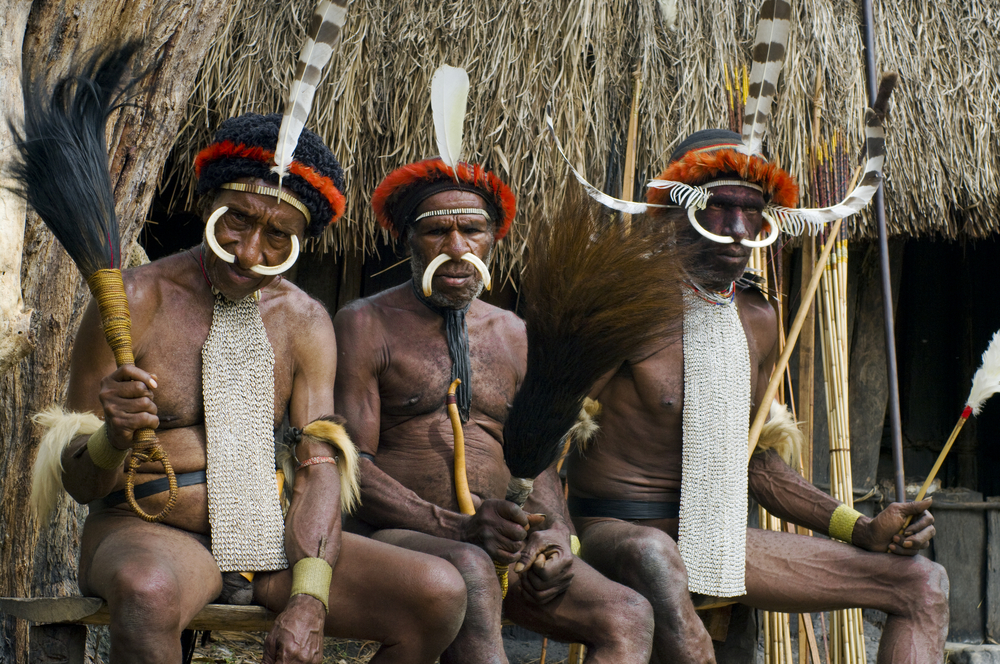
While we may want to consider only taking into account those historically “from” a country, the proportion of people born in foreign nations may be used as well. However, this does not include second- or third-generation immigrants.
There are various drawbacks to counting all ethnic groups in a country. Having one representative from each nation on earth does not necessarily suggest that the population of a nation is ethnically varied.
Two of the most prominent studies in this field use ethnic fractionalization to approximate the likelihood that two people randomly picked from a nation do not belong to the same ethnic group.
Defining an ethnic group adds a further layer of intricacy.
One study uses the Encyclopaedia Britannica’s categorization of racial categories to provide a baseline of comparison between participants.
Due to Britannica’s lack of coverage of all 190 nations, defining ethnicity needs to be supplemented with more information.
A second study attempted to create a “correct list” of ethnicities based on “what the nation’s people perceive to be the most socially important ethnic groupings.”
This is referred to as “Fearon’s version” because it is “closer to what the theory would desire.”
What does it mean to be “culturally diverse”?
The phrases “multiculturalism” and “cultural diversity” are sometimes used interchangeably.
All diverse groups within an organization or society should be recognized, respected, acknowledged, and valued for their sociocultural differences.
They should also be encouraged and enabled to continue contributing within an inclusive cultural context that empowers everyone within the organization or society.
Furthermore, since it recognizes and celebrates the richness and diversity of cultures, appreciation of racial and ethnic diversity is a fundamental component of multiculturalism’s definition.
Why is cultural diversity important?
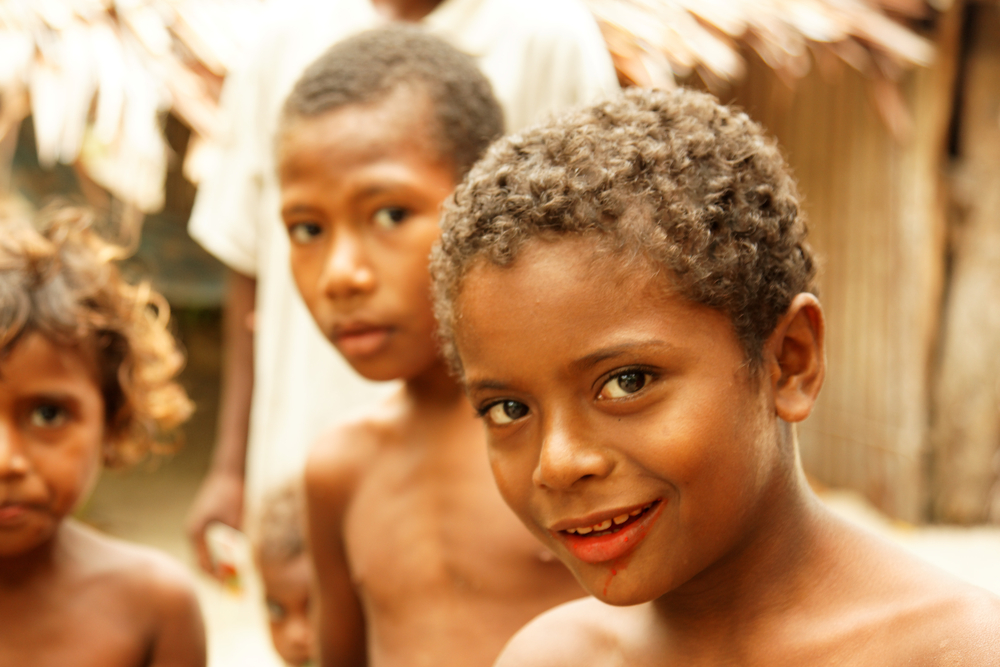
Recognizing that the world comprises individuals from many cultures and origins is the first step toward establishing a more peaceful and accepting society.
Our similarities, not our differences, are what unite us as humans. People are often afraid of things they do not comprehend.
Discrimination and obstacles may be eliminated through appreciating various cultures, which hopefully will teach society that diversity does not necessarily imply ill-will.
Because our worldview is molded by our own culture, identifying a distinct or opposing culture may be challenging. Our preconceived notions about them may influence our sentiments toward various cultures.
Why is it beneficial to have a diverse population?
Individuals utilize their cultural viewpoint to judge what is and is not acceptable, and this perspective molds their worldview.
We may suffer from culture shock and get confused when exposed to a very different culture from our own.
Passing judgment on others based on one’s own culture may result in a bias towards individuals who have “ways of being” that vary from one’s own – basically, we fear what we do not understand.
A diverse society is essential because of the increasing number of people of different ethnic, racial, and cultural backgrounds in our nation, industry, and educational institutions.
It is possible to learn from one another, but only if we have a basic grasp of each other’s traits.
Learning about different cultures may help us better understand the world around us and reduce our negative prejudices and biases against diverse people.
We may develop bridges of trust, respect, and understanding between cultures by recognizing and respecting “ways of being” different from our own.
What is cultural competence?
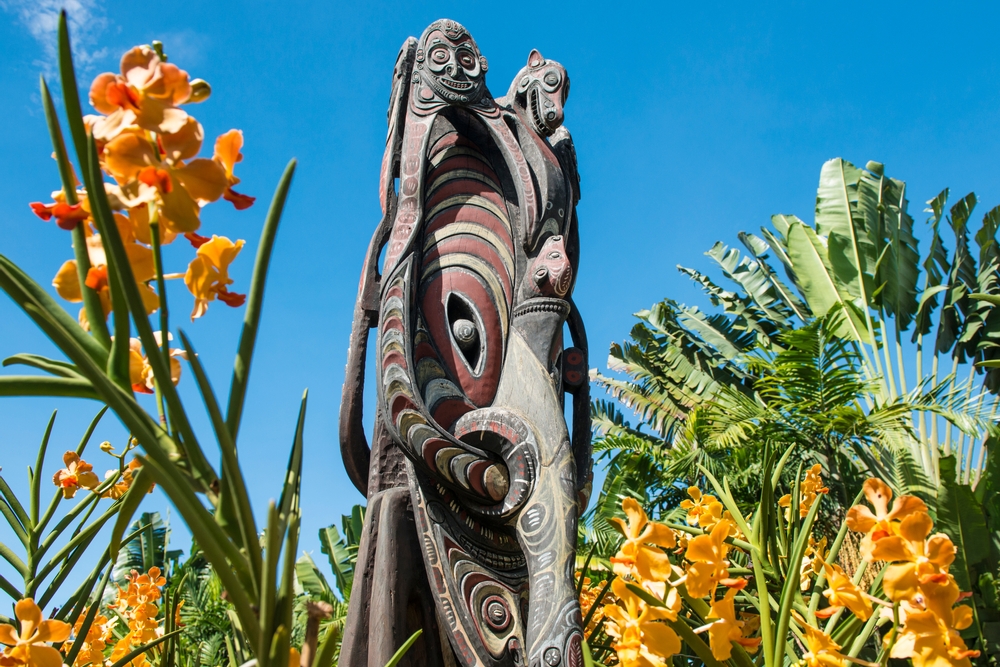
It is vital to understand a culture before learning about cultural competency.
To put it simply, culture is the distinct collection of values, principles, norms, beliefs, and traditions that govern how people in a certain geographical area think, perceive, act, interpret, and make judgments about their surroundings.
Simply said, cultural competency is the capacity to identify, interact with, and collaborate successfully with people from different origins and cultures.
Cultural competency entails more than simply tolerance regarding a person’s ability to interact with people from various cultures.
Cultural competency comprises four components: self-awareness of one’s cultural worldview, an attitude toward variations in cultural attitudes between people from other countries, and cultural information gained about various cultural concepts, beliefs, and activities.
Cultural competency includes more than just being aware of and informed about your own culture. It’s also critical to recognize and confront someone’s cultural assumptions and biases.
Furthermore, to succeed, one must be committed to communicating at the price of their cultural interface.
How can you support cultural diversity?
- Each individual can make a unique and useful contribution to society based on their differences rather than their similarities. Consider a society in which everyone’s contribution is recognized, cultural differences are acknowledged, individuals are given the tools they need to reach their greatest potential, and individuality is cherished.
- Without interaction with people from many cultural backgrounds, you will not develop meaningful connections due to a lack of understanding.
- Propose the use of items that symbolize the many cultural groups in your community and society as a whole in your company, educational institution, or therapeutic setting. Intervene appropriately when you notice people engaging in acts that reflect cultural insensitivity, intolerance, or prejudice. Never be afraid to attempt new things, new points of view, or new ways of thinking. 6
- Ensure that you are not infringing on other people’s cultures by imposing your own.
- While working in the caring professions, educate yourself to be aware of cultural differences in family values, gender roles, spirituality, and emotional well-being.
- While chatting with someone, keep in mind that a person’s lack of English ability does not necessarily imply his or her intellectual level.

